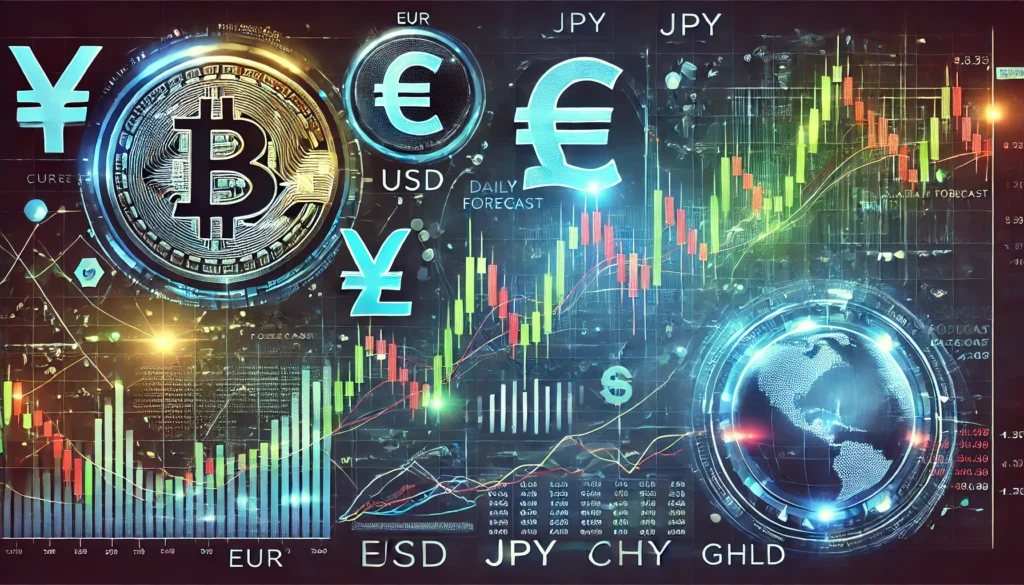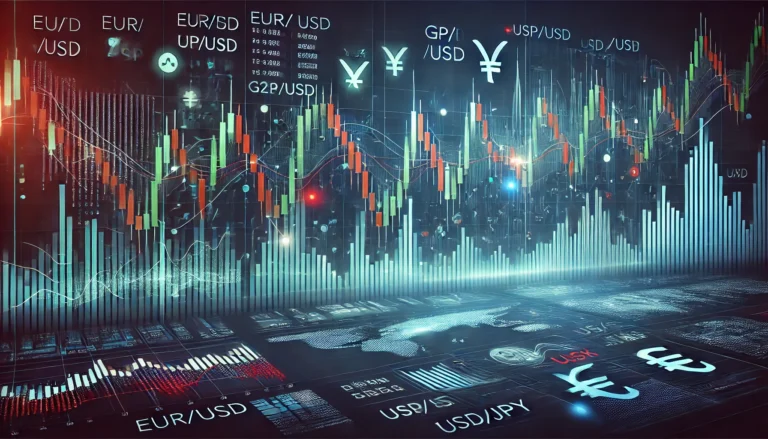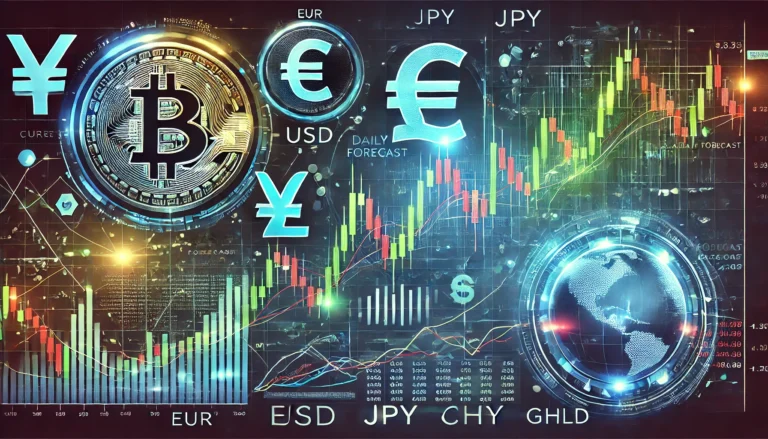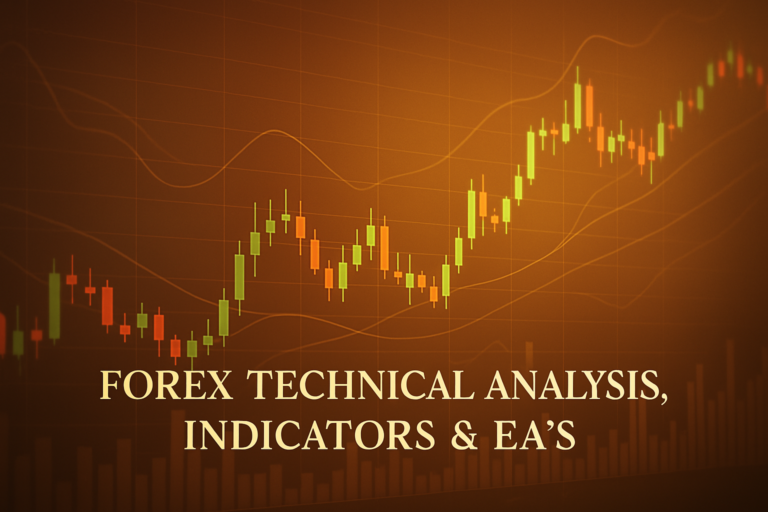
The world of stock trading or forex is exciting and full of opportunities for those willing to learn and adapt!
Forex trading, also known as foreign exchange trading, involves buying and selling currencies in the global market. It’s like a bustling marketplace where traders exchange currencies to profit from changes in their value. This trading is crucial for businesses, investors, and even tourists who want to convert their money.
However, many traders, both beginners and professionals, find forex trading challenging. The market can be unpredictable, and emotions often cloud judgment. Understanding the dynamics of trading can help traders make informed decisions and avoid costly mistakes.
One key concept in forex trading is pips trading. It refers to the smallest price movement in a currency pair, which can significantly affect a trader’s profits or losses.
Understanding Forex Trading
Forex trading can be confusing, especially when it comes to understanding price movements. The core issue lies in how currency values fluctuate based on various factors. These can be technical, like chart patterns, or market-related, such as economic news.
For example, suppose you are trading the Euro against the US Dollar. If a major economic report indicates that the US economy is strengthening, the value of the USD may rise compared to the Euro. This scenario may lead to a quick decision for traders, causing them to either buy or sell based on the anticipated movement.
Pro’s and Con’s for Forex Trading
Forex trading comes with its own set of advantages and disadvantages. Here’s a breakdown for beginners and pro traders alike.
Pros of Forex Trading
- 24/5 Market: The forex market operates 24 hours a day, five days a week. This allows traders to engage at their convenience.
- High Liquidity: The forex market is one of the largest in the world, ensuring that traders can enter and exit trades easily.
- Leverage: Forex brokers offer leverage, enabling traders to control larger positions with a smaller amount of capital.
Cons of Forex Trading
- Risk of Loss: With high potential returns come high risks. Traders can lose money quickly if they do not manage their risk properly.
- Market Manipulation: The forex market can be influenced by large players, leading to sudden price movements.
- Complexity: New traders may find the vast number of strategies and tools overwhelming.
To mitigate these risks, traders should focus on risk management strategies, including setting stop-loss orders and only risking a small percentage of their trading capital on each trade. Additionally, staying informed about economic news can help traders anticipate market movements.
Another important concept in forex trading is meaning rsi, which refers to the Relative Strength Index, a tool used to measure the speed and change of price movements.
Frequently Asked Questions
Many traders have common questions about forex trading. Here are a few of them:
1. What is the best time to trade forex?
The best time to trade forex is when the major markets overlap. This usually happens when the London and New York markets are open simultaneously, leading to increased volatility and liquidity.
2. How much money do I need to start trading forex?
You can start forex trading with as little as $100, but more experienced traders often recommend starting with at least $1,000 to have a better chance of managing risk.
3. Is forex trading risky?
Yes, forex trading carries risks, especially with leverage. Traders can lose more than their initial investment if they are not careful.
4. How do I choose a forex broker?
Choose a broker that is regulated, has a good reputation, offers a trading platform you are comfortable with, and provides good customer service.
5. Can I trade forex part-time?
Yes, many traders engage in forex trading part-time. The key is to have a solid trading plan that fits your schedule.
Conclusion
Forex trading can be both challenging and rewarding. Understanding the market’s dynamics and applying effective strategies can help traders navigate its complexities. Remember, with the right knowledge and practice, you can manage or even avoid many common pitfalls.
Staying informed and continuously improving your trading strategies will lead to better results. Remember, every expert was once a beginner!
Recommended Next Steps
If you’re looking to enhance your forex trading skills, consider the following steps:
- Start with a demo account to practice trading without risking real money.
- Read books and articles about forex strategies and analysis.
- Join online forums or trading communities to share experiences and learn from others.
- Stay updated on global economic news that can affect currency values.
This resource adds more value to your forex learning journey Zacks, Myfxbook
Expand Your Knowledge
- 📌 Forex Trading Learning Road Map
- 📌 Forex Trading Course with no Fees
- 📌 Forex Trading Issues, Problems, and Solutions
- 📌 Forex Daily Forecast & Live Updates
- 📌 Forex Fundamental & News Analysis: Tomorrow’s Market Movers & Trade Opportunities
- 📌 Forex Education Hub: Learn & Profit
- 📌 Forex Technical Analysis, Indicators & EA’s
Start Trading Today
Ready to take your forex trading to the next level? Open an account with Exness, one of the most trusted platforms in the industry. 👉 Sign Up Now and trade with confidence!
My recommended broker stands out with ultra-low spreads for beginners, instant withdrawals, and zero spread accounts for pro traders.
Trusted since 2008, lightning-fast execution, no hidden fees, and a secure, transparent trading environment—giving you the edge you need to succeed. 🚀
YouTube Video Library: Related Videos
Note: The video above is embedded from YouTube and is the property of its original creator. We do not own or take responsibility for the content or opinions expressed in the video.




